




Shrinking space for civil society in the OSCE hits a new low at the Ministerial Council Meeting in Milano
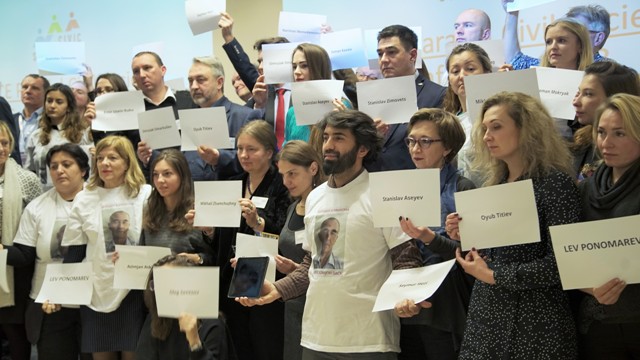
Statement by the Coordination Committee of the Civic Solidarity Platform
We, members of the Coordination Committee of the Civic Solidarity Platform (CSP) and other civil society representatives, are shocked by the exclusion of non-governmental organizations (NGOs) from attending the opening and closing sessions of the OSCE Ministerial Council Meeting (MC) in the plenary hall as well as not being provided with an opportunity to follow the live broadcast of proceedings or to hold side events in Milano on 6 and 7 December 2018.
For the first time ever, civil society representatives were refused physical access to the opening and closing sessions of the OSCE MC in the plenary hall, in break with previous practice and in contradiction to the Rules of Procedure of the OSCE which say that “[o]nly the opening and closing sessions shall be open to the press and the public, unless the meeting decides to make other sessions open.” [1] While media representatives had access to the opening and closing sessions in the plenary hall, NGO representatives did not.
Although NGOs were provided with their own working and meeting space, the space was without visual and audio equipment to allow them to follow the MC proceedings, also in direct contradiction to the OSCE Rules of Procedure. [2] The space provided for NGOs was secluded and therefore did not allow for any meaningful exchange with MC participants.
Furthermore, after inquiring of the Italian OSCE Chairmanship weeks ago about the possibility of organising and/ or contributing to side events, the Civic Solidarity Platform was informed that this year there would be no side events, only to learn once in Milano that many side events were in fact scheduled without NGO participation. This clearly shows that NGOs are welcome as long as they are invisible and silent.
The physical access of NGOs to the plenary hall is not only an organisational matter, but a political one as described in a Statement on safeguarding civil society participation in the Helsinki process – a matter of the OSCE’s raison d’ être, issued by the CSP in December 2017. The exclusion of NGOs thus contradicts all that the OSCE stands for. The treatment of NGOs at the OSCE Ministerial Council Meeting in Milano is yet another sign of shrinking civil society space (see the CSP’s Hamburg Declaration from 2016), including in the OSCE work (see the CSP’s Milano statement on safeguarding NGO participation in OSCE events, which was handed over to high-level OSCE representatives, including the Italian OSCE Chairmanship, on 5 December 2018) and an early warning sign threatening the principles laid down in the Helsinki Final Act. To our great regret, the decision to exclude NGOs from the MC plenary hall for the opening and closing session was not communicated to NGO partners by the Italian OSCE Chairmanship, nor was the change in modalities indicated in Circular Note 6 (MC.INF/8/18 of 12 November 2018), which reiterated the OSCE Rules regarding NGO physical access to the opening and closing sessions and a live broadcast of MC proceedings in the NGO centre. Only on the evening of 5 December did NGOs learn from the technical staff that they would not be allowed to physically attend the MC meeting, by which time it was too late for them to address and resolve the matter with the OSCE leadership. The absence of timely communication from the Italian OSCE Chairmanship thus resulted in the accredited NGO representatives spending their scarce financial resources in vain by staying for two extra days after the OSCE Parallel Civil Society Conference on 5 December 2018 without achieving any level of meaningful debate or interaction with the MC participants. To our dismay, this lack of information and access for NGOs has unfortunately been a recurrent problem during the Italian Chairmanship.
We note that in a statement made by the OSCE Chairperson-in-Office, Minister of Foreign Affairs of Italy Enzo Moavero Milanesi at the closing press conference of the MC meeting he noted that he had not been aware of the problem of exclusion of NGOs and that this was a mistake and a “negative experience that should not be repeated in the future”. We also note with satisfaction the words of the incoming OSCE Chairperson-in-Office, Minister of Foreign Affairs of Slovakia Miroslav Lajčák at the press conference who stated that Slovakia is strongly committed to cooperation with civil society and will guarantee access by NGOs to the MC in Bratislava in 2019 in full accordance with OSCE rules.
We hope that all parties concerned will draw lessons from the negative experience in Milano. We reiterate our call to all OSCE actors, including the Chairmanships, executive bodies, autonomous institutions, and participating States, to protect and expand civil society space and ensure unhindered and meaningful NGO participation in OSCE events.
In particular, we call on the incoming Slovak OSCE Chairmanship to:
- appoint an NGO liaison within the Chairmanship Task Force to serve as a focal point for civil society and regularly provide NGOs with information on dates and themes of upcoming OSCE events, modalities of events, and relevant Chairmanship’s decisions;
- ensure meaningful NGO participation in relevant OSCE events of all three dimensions, in the spirit of the comprehensive security approach;
- appoint a Personal Representative of the Chairperson-in-Office on Civil Society, to indicate a strong political position of the Slovak Chairmanship in respect of the problem of shrinking civil society space across the OSCE region and at the multilateral level;
- ensure unhindered access for NGOs to the opening and closing sessions of the MC meeting in Bratislava and live broadcast of MC proceedings to the NGO centre there, in accordance with OSCE Rules, as well as conditions for holding side events by NGOs in the mixed zone and timely provision of any relevant information to NGOs;
- ensure personal receipt of the outcome documents of the OSCE Parallel Civil Society Conference by the OSCE Chairperson-in-Office (together with other high-level Troika members and OSCE actors);
- ensure that the OSCE Chairperson-in-Office mentions the receipt of the outcome documents of the OSCE Parallel Civil Society Conference and the importance of cooperation with civil society in his speeches (in particular his opening speech) at the OSCE MC;
- ensure distribution of the outcome documents of the OSCE Parallel Civil Society Conference to all OSCE actors, including the Troika, executive bodies, autonomous institutions, and participating States;
- exercise leadership and adopt a strong stance on protecting and expanding civil society space in the course of ongoing negotiations on NGO access to OSCE events.


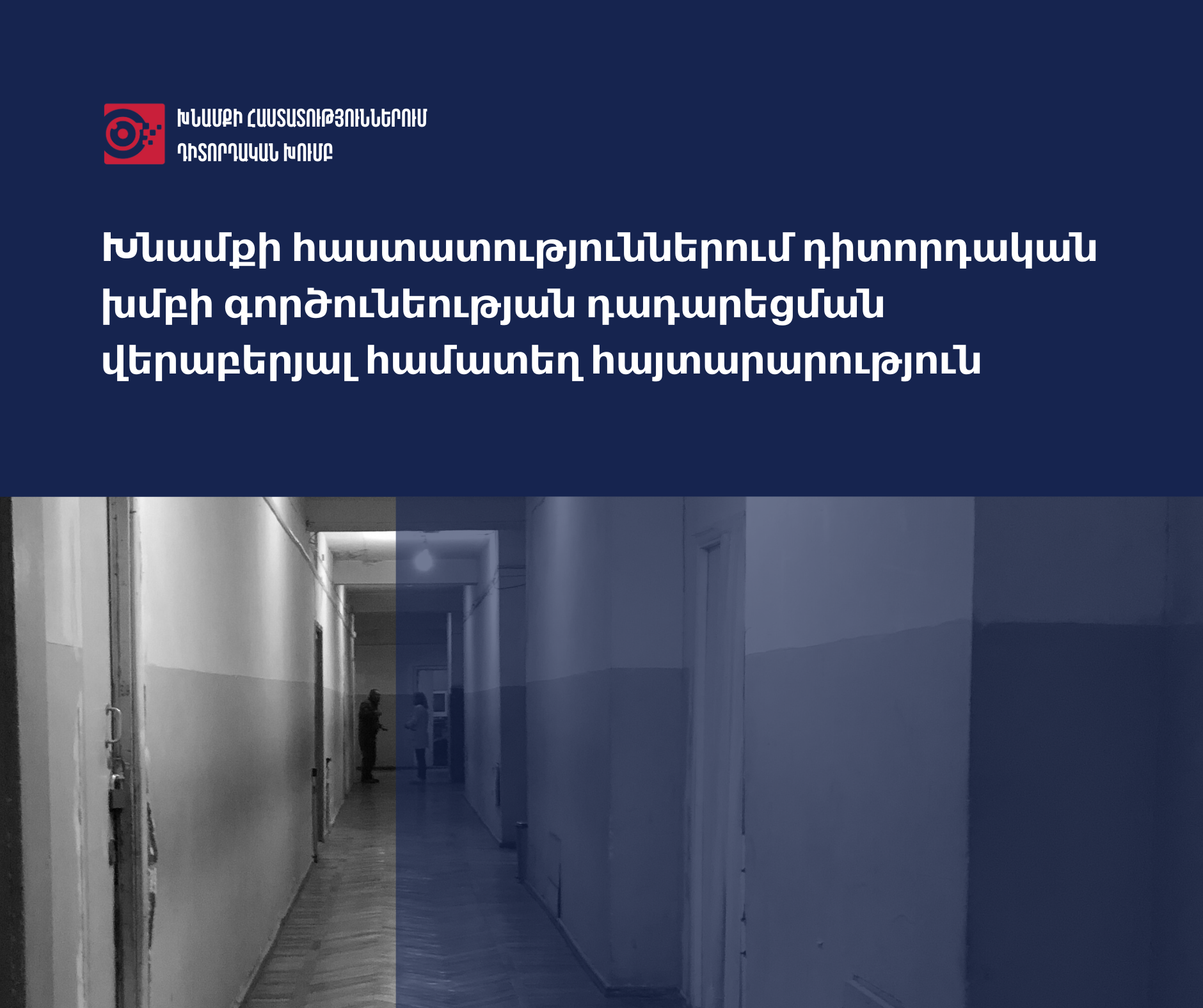
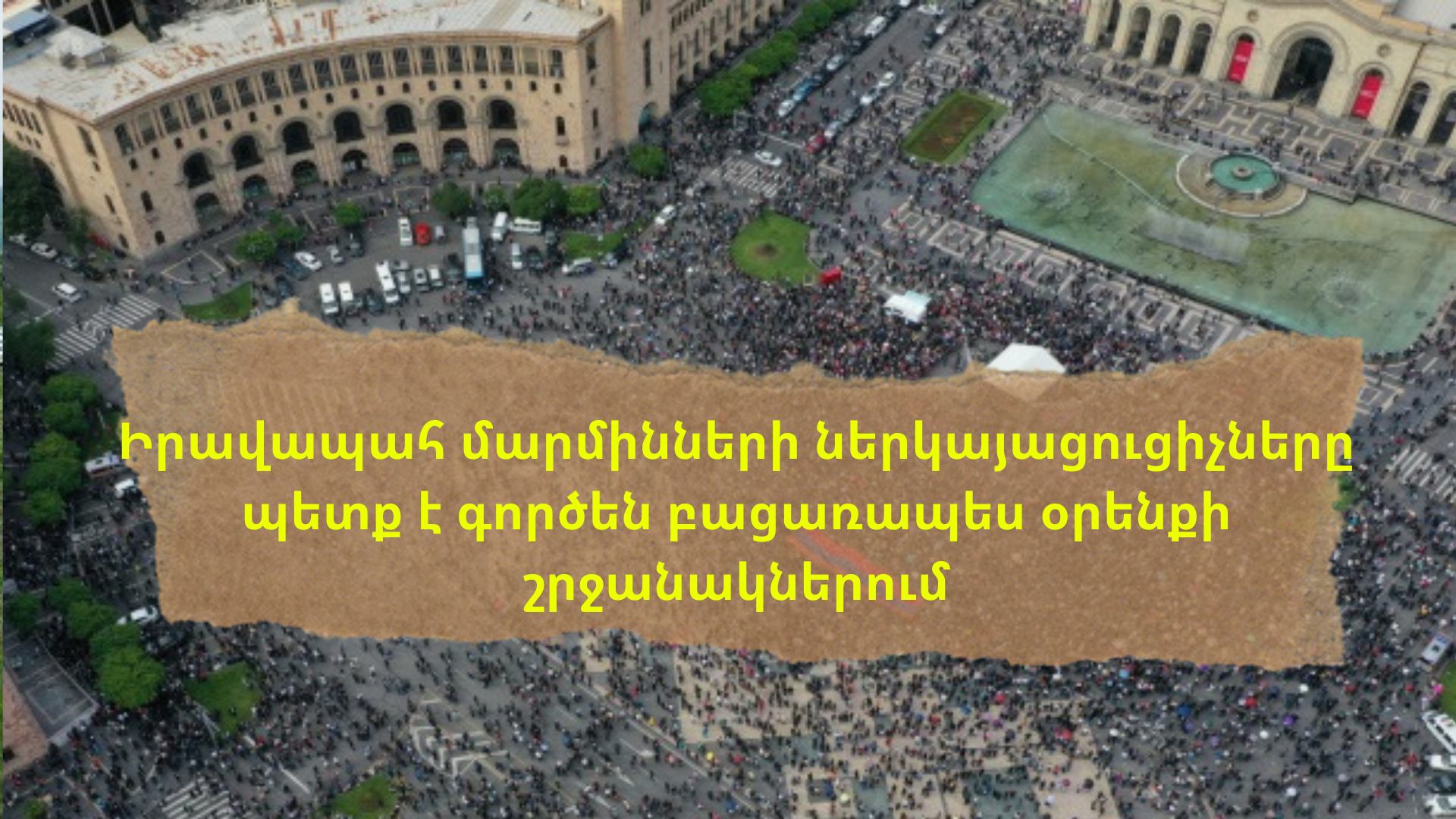
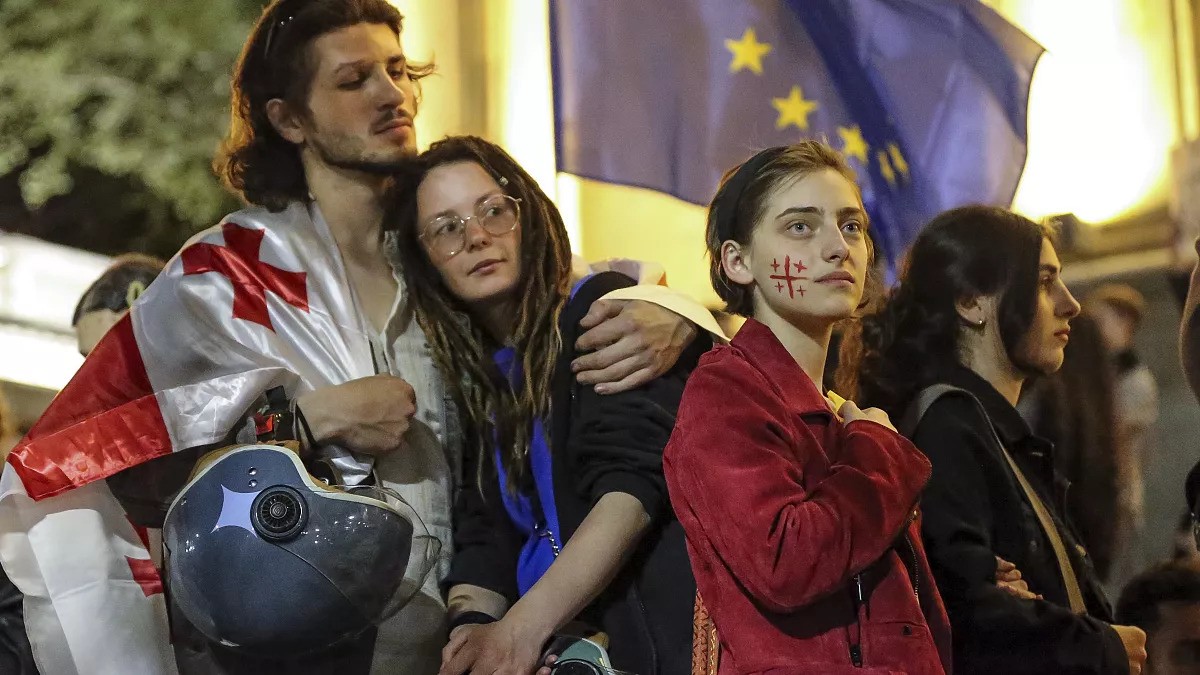
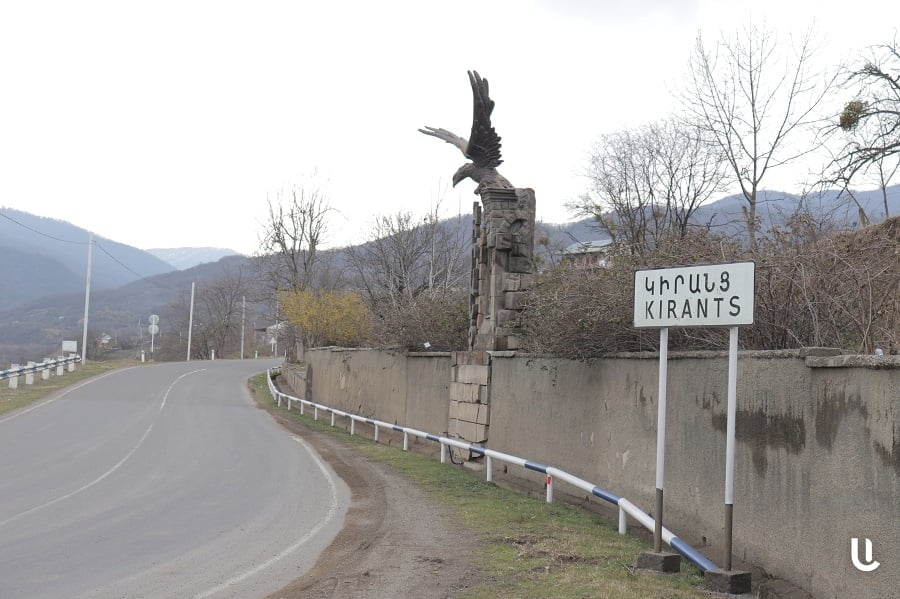
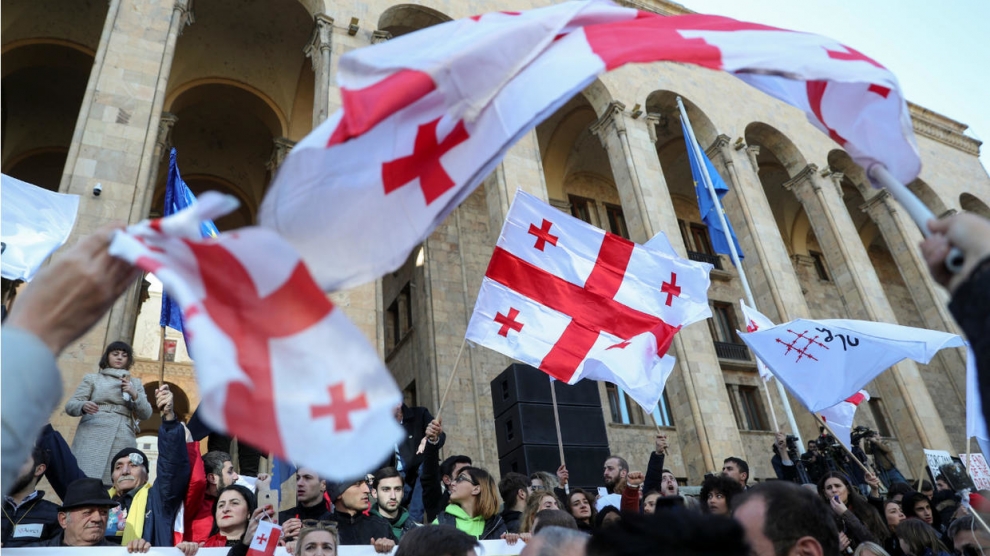

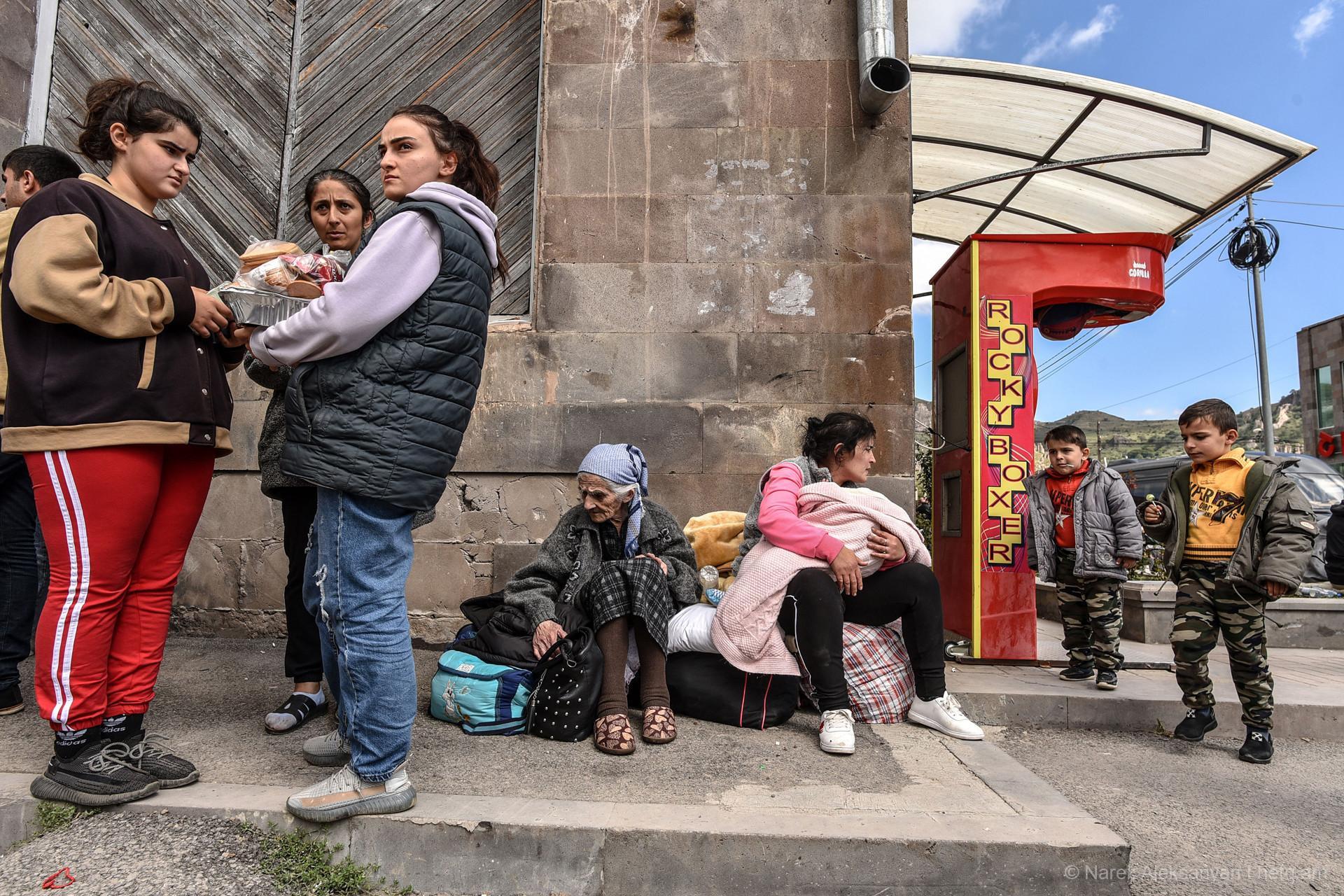





Leave a Reply